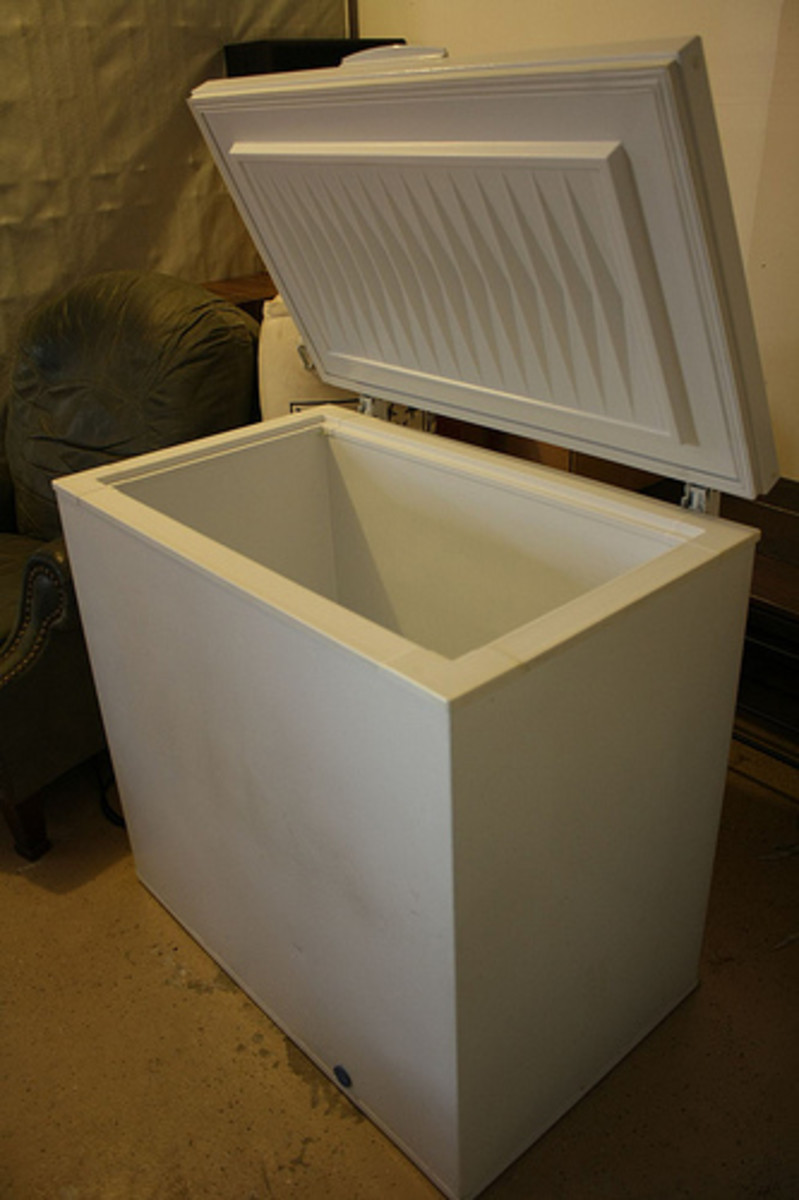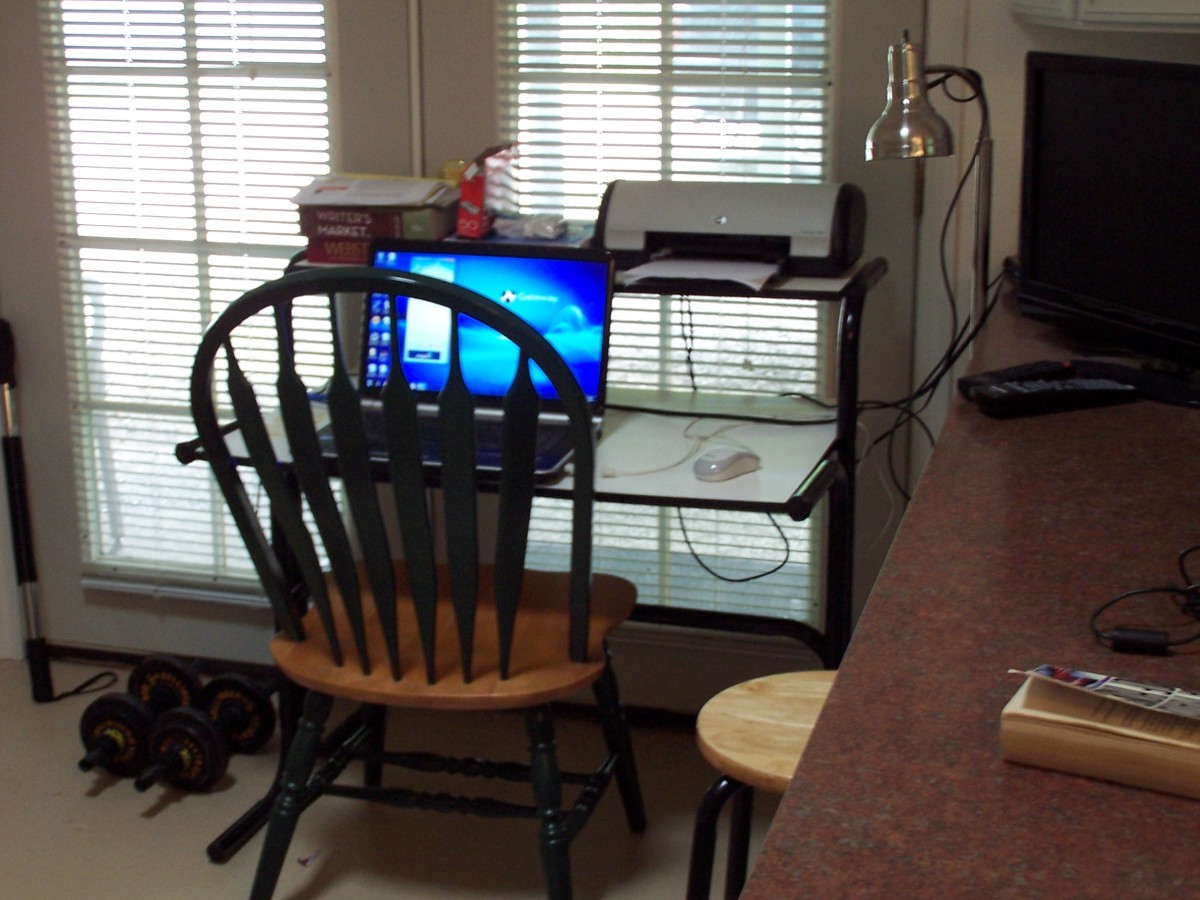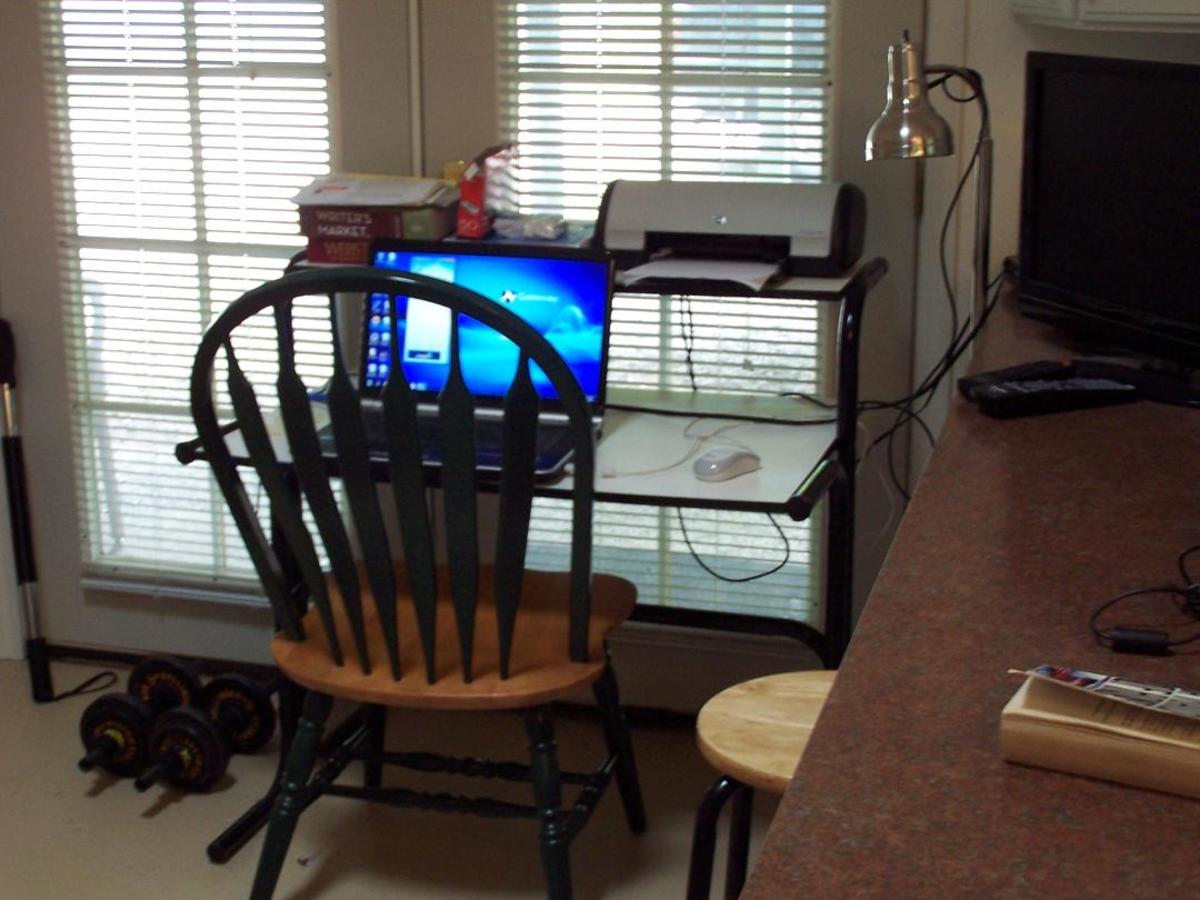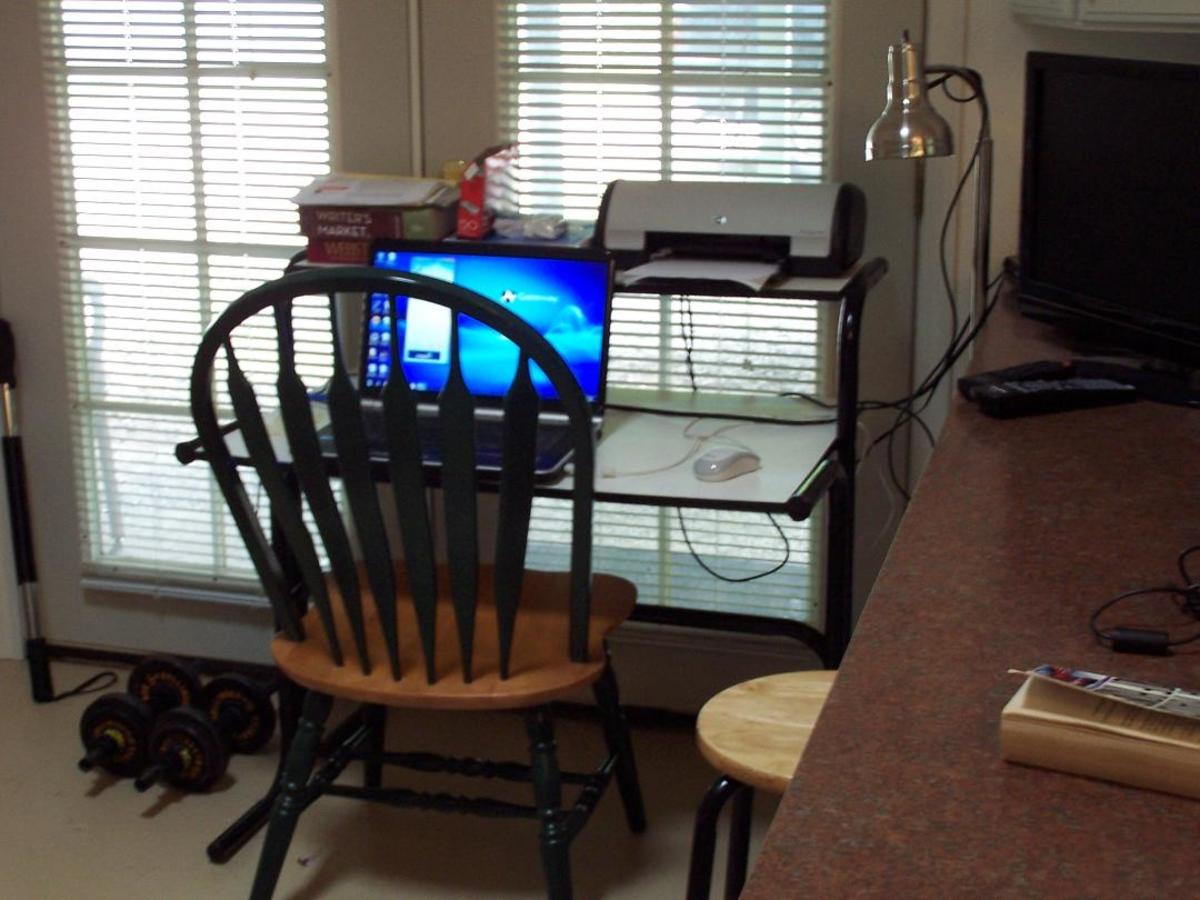How to Organise Your Notes
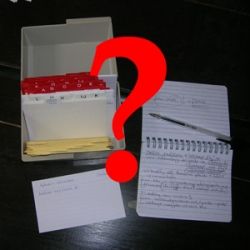
How to Organise Your Notes and Become a More Efficient Writer
As a writer you should always carry a notebook and pen or pencil with you everywhere you go, to jot down ideas that come up out of nowhere, snatches of overheard conversations that strike you, anecdotes or sources that you might need for a project you are working on, an editor's name and address that you find in a magazine while in a dentist's waiting room, and so on and so forth. But, what do you do with these unordered records, when you want to make use of them? Leaf through your notebook in the hope of finding what you need? I find that cumbersome. You too? Then read on, for I have a few solutions for you.
Do you use a notebook?
Solution 1: Make your own 'all-in-one organiser'
- Get yourself a large ring binder, one or more packs of blank dividers, plenty of ruled or square-ruled refill paper, as well as some blank refill paper or clear plastic sheet protectors.
- Name the blank dividers as you think fit, e.g.: Ideas, Outlines, Characters, Inspiration, Sources, and so on.
- Put several sheets of the blank paper or the binder pocktes under Inspiration, and divide the ruled paper over the other sections.
- Use you organiser as follows:
- (a) Ideas - write here any ideas for stories, articles, non-fiction book, scenes for your novel.
- (b) Outlines - jot down ideas for beginning, middle and end of an article, story or book.
- (c) Characters - for fiction and non-fiction writers alike: anything about your (fictional) characters you're planning to write about find its place in this section.
- (d) Inspiration - use this section as a scrapbook. Stick here any odd thought you wrote down in your little notebook you always carry with you. (Well, you do, don't you?) Also any cuttings or pictures from magazines or newspapers that may inspire you should be glued on these blank pages, or put into the sheet protectors.
- (e)Sources - write down where to find material or pictures you may want to use, or have used and may need again. These may be addresses or references to books, magazines, newspapers, websites. What you might also want to write down here are addresses of people people important to you: agents, publishers, editors, those who may or promised to help you with your research (e.g. has a tale to tell; is willing to lend you a book/magazine/picture)
Solution 2: Use index cards as organiser
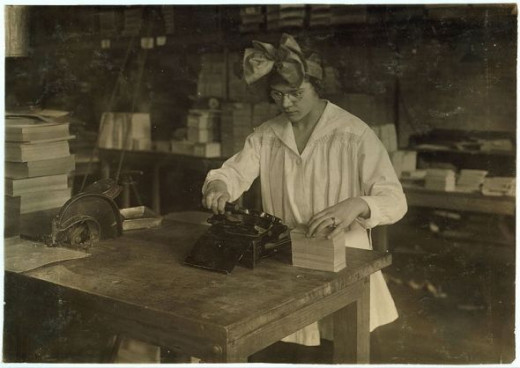
Use index cards as organiser
- Decide what size of index cards you'd prefer: 3x5, 4x6 or 5x8 in
- Buy a pack of your favoured sized cards and a box to keep them in
- Get dividers with plain tabs
- Name the plain dividers as you think fit
- Use the index cards the same way as described in solution 1
What is your favourite solution?

